
Bassist and vocalist Tim Staffell quit trio Smile, but not before introducing his flatmate Freddie Bulsara to the band, joining astronomy student and guitarist Brian May and dentistry student and drummer Roger Taylor. After a lengthy audition process, electronics student John Deacon was hired on bass, forming the Queen lineup that would endure until Bulsara, who adapted the stage name Freddie Mercury, passed away from AIDS in 1991. Rather than touring, the group retreated into the studio for a year to hone their distinctive sound, with intricate multi-tracked backing vocals, May’s guitar leads (he created his guitar tone by using a 10 watt amp for recording) and Mercury’s dynamic presence as front man. While the group’s style didn’t evolve too much over the years, apart from to remain in step with prevailing trends, they always presented a fair bit of diversity; of the two dominant writers, Mercury tended towards show tunes and May tended towards hard rock, while Deacon and Taylor had less distinctive styles and wrote in more of a pop/rock vein.
This democratic approach to writing meant that the group’s albums tended to be incoherent; most of the time it feels like Queen write lyrics to have something to put music to, rather than communicating anything particularly heartfelt or profound. Because of the range of writers, lyrical subjects and styles, none of their albums hang together perfectly.
But that’s the negative side; the writers all had a good sense of melody and a distinctive palette of sounds to work with, and their albums almost always have a handful of really good songs – few other groups with a twenty year tenure have such an even distribution of radio hits throughout their discography, as radio listeners are just as likely to be acquainted with ‘Killer Queen’ from 1974 or ‘Bicycle Race’ from 1978 as they are with ‘A Kind of Magic’ from 1986 or ‘The Show Must Go On’ from 1991. And their albums strike a nice balance between innovation and accessibility; even though some of their material could be categorised as progressive rock or metal, they’re not difficult for casual music listeners to grasp.
Queen also have a ton of talent at their disposal – you could build a strong argument that Freddie Mercury is the greatest singer of his generation, with a huge range. Brian May’s a distinctive virtuoso guitarist, and John Deacon is a very solid bass player. Drummer Roger Taylor’s arguably the weakest link as a musician, but he’s still a key member with his high harmonies an important part of the ensemble sound.
In terms of albums, their strongest era was 1974 and 1975, where they released three terrific albums consecutively – Queen II, Sheer Heart Attack, and A Night At The Opera. After that, they became a little less intricate and less interesting in terms of their albums, and Mercury, whose writing anchored their great early records, became less consistent as a songwriter. But they still have some terrific tracks scattered on their later records, and as late as 1991 Innuendo has some of their best ever songs.
Queen Album Reviews
Queen | Queen II | Sheer Heart Attack | A Night At The Opera | A Day At The Races | News of the World | Jazz | The Game | Flash Gordon | Hot Space | The Works | A Kind of Magic | The Miracle | Innuendo | Made In Heaven
Favourite Album: Queen II
Underrated Gem: News of the World
Queen
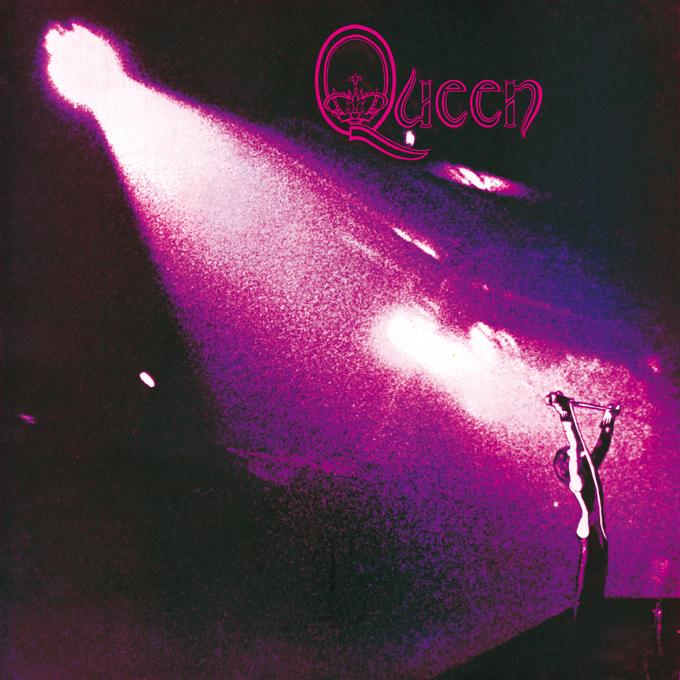
1973, 7.5/10
While they’d develop their ideas more fully with the help of studio technology over subsequent albums, Queen’s basic stylistic elements are already place on their 1973 debut. Mercury’s theatrics, May’s distinctive guitar sound, and multi-part song structures are all present and accounted for, at least on the stronger tracks.
It’s Mercury who’s writing the most interesting songs here; May’s ‘Keep Yourself Alive’ is a competent rocker that’s a worthy addition to the group’s compilations and ‘Doing All Right’ (originally recorded by Smile) and ‘The Night Comes Down’ are pretty, but they could have potentially been written by plenty of other generic seventies rock bands. On the other hand, Mercury’s work points the way forward for the band; the dramatic and dynamic ‘Liar’, the campy ‘Jesus’ and the mini-epics ‘Great King Rat’ and ‘My Fairy King’ all foreshadow what was to come for the group.
It’s somewhat unfair, however, to talk about this debut as a transition to greater things, as it’s a very solid record in its own right. Queen is an impressive debut, and it’s interesting to see how Queen made their idiosyncrasies even more extreme after this promising start.
Queen II
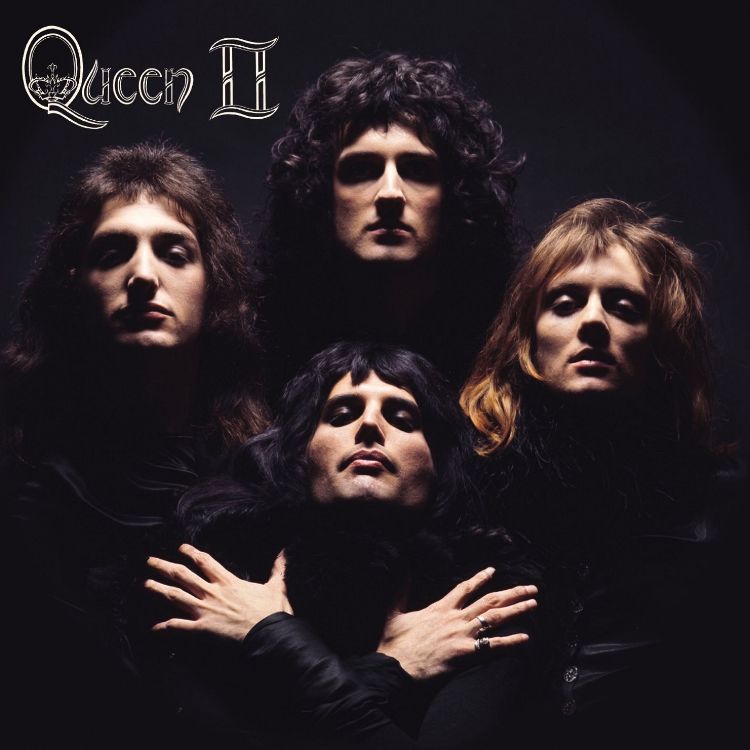
1974, 9.5/10
Queen II doesn’t have any signature hits, but it’s much more representative of the Queen sound than the debut; the big stacked harmonies and studio wizardry are much more in evidence here. It’s their most pretentious and self-indulgent effort, but in this case that isn’t an insult – they’re playing to their strengths, and this album captures them at the height of their creativity.
Queen II is a concept album with May and Mercury having an album side each, with May’s known as the “White Queen” and Mercury’s as the “Black Queen”. The highlight from May’s side is ‘White Queen (As It Began)’, meandering through the most gorgeous melody that Queen ever wrote. ‘Some Day One Day’ is another gorgeous piece, while the opening overture ‘Procession’ is also surprisingly effective.
It’s Mercury’s material that’s the highlight – all of his tracks are linked into a single medley, and most of the songs are multi-part – so the overall effect is like a dazzling operetta. The closing ‘Seven Seas of Rhye’ (the full version, rather than the sample on the debut) sounds like a hit despite its eccentricities, with a frenetic piano riff and huge chorus hook and ‘Nevermore’ is a gorgeous short piano ballad. ‘The March of the Black Queen’, ‘Ogre Battle’ and The Fairy Feller’s Master-Stroke’ are all multi-part magnum opuses – they’re all vastly entertaining, calling in Queen trademarks like operatic vocals and searing guitars into full effect. This second half is fantastic, and if the whole album was of this calibre this would be an easy 10/10 record.
As it is, the first side isn’t nearly as striking and Taylor’s contribution is enough to disrupt the continuity of the rest of the album. Even so, Queen II beats out A Night At The Opera as Queen’s best album in my opinion, and if you’ve started with a compilation and want to look further this is a great place to start an exploration of Queen’s deep discography.
Sheer Heart Attack
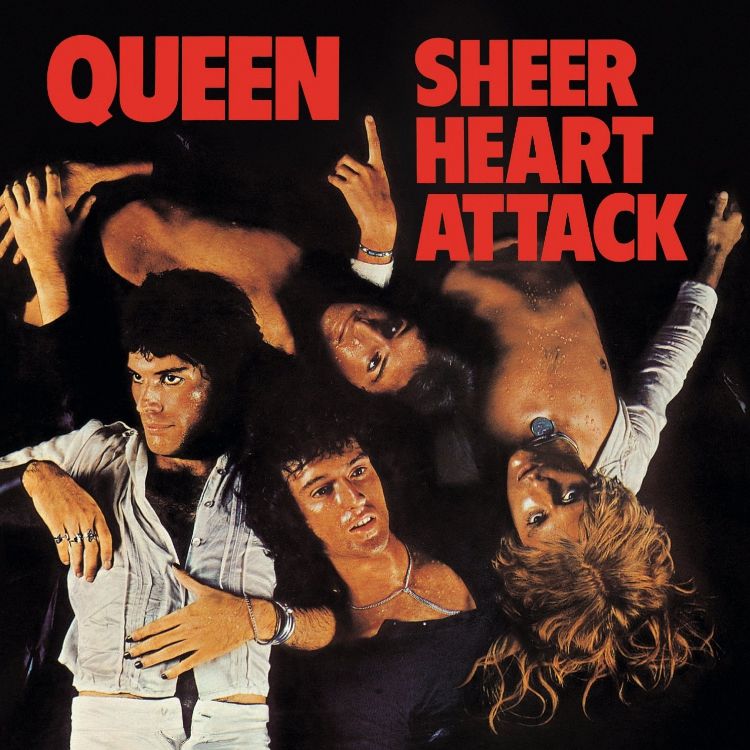
1974, 8.5/10
Queen’s second album of 1974, after May was struck down by illness and was unable to tour, Sheer Heart Attack is the middle part of Queen’s golden trilogy of albums in the mid-1970s – it’s less epic than Queen II or Night Of the Opera but it’s still packed with entertaining tracks.
The first single and Queen’s breakthrough hit was Mercury’s ‘Killer Queen’, and it still stands as one of their best tunes, with witty lyrics about a femme fatale (“Gunpowder, gelatine/Dynamite with a laser beam/Guaranteed to blow your mind/Anytime”) and an inventive music hall arrangement. Mercury’s other key track is closer ‘In The Lap Of The Gods…Revisited’, an eminently likable anthem, while ‘Bring Back That Leroy Brown’ is a far more literal take on English music hall. There’s also experimentation on the first ‘In The Lap Of The Gods’ where they slow down the tapes so that Mercury’s lead vocal is dropped to a weird sounding baritone. May contributes the mini-epic ‘Brighton Rock’ and the infectious stop-start ‘Now I’m Here’, while the minimalist ‘She Makes Me (Stormtrooper in Stilletos)’ is strangely effective.
Confusingly, Roger Taylor’s song ‘Sheer Heart Attack’ was planned to be part of the album, but wasn’t finished on time and didn’t surface until 1977’s News Of The World. His only contribution ‘Tenement Funster’ is actually pretty entertaining, and is easily his best effort yet, while John Deacon gets his first writing credit with ‘Misfire’. The group composition ‘Stone Cold Crazy’ is almost frenetic enough to be classified as proto-punk.
Sheer Heart Attack is my least favourite of Queen’s peak trio of mid-1970s albums, but it’s still relentlessly entertaining.
A Night At The Opera
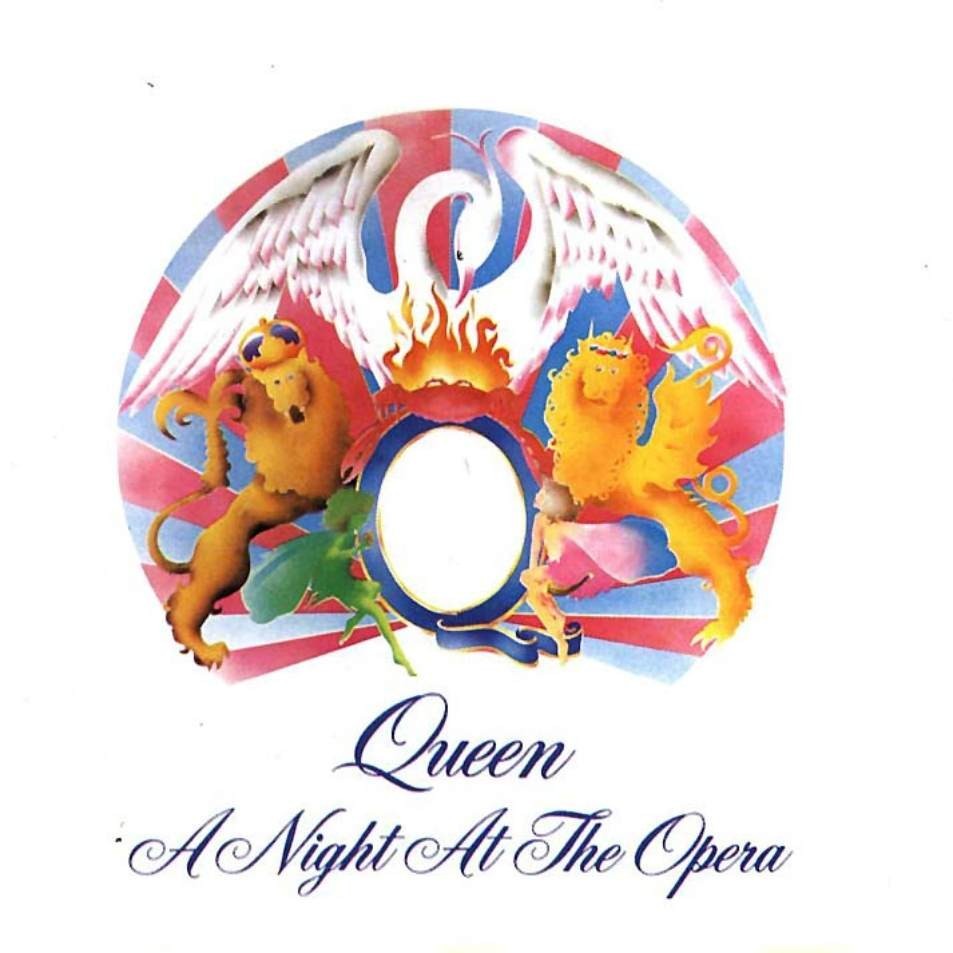
1975, 9/10
A Night At The Opera was Queen’s commercial breakthrough, featuring ‘Bohemian Rhapsody’, but in artistic terms it’s simply a continuation of the excellence of II and Sheer Heart Attack. The loose concept of the album as a night at the opera, segueing between the different songs in the show and ending with ‘God Save The Queen’, but it allows them to showcase their eclecticism, but with some even more impressive and intricate productions.
A Night At The Opera is Queen’s quintessential record; many of these songs are among Queen’s best known and best-loved; the record ends with Queen’s most instantly recognisable track, the monolithic ‘Bohemian Rhapsody’, but not before it goes through Deacon’s hit single ‘You’re My Best Friend’, the jaunty folk of ”39′, the full-blown progressive rock of ‘The Prophet’s Song’, concert favourite ‘Love Of My Life’, vaudeville romp ‘Seaside Rendezvous’ and the dramatic ‘Death On Two Legs’.
Delivered with an unstoppable pomposity and canvassing a wide variety of styles, it’s hard not to be impressed by the group’s boldness. The album’s famous for the master tapes of ‘Bohemian Rhapsody’ wearing through with a ridiculous amount of vocal overdubs, but the a capella section of ‘The Prophet’s Song’ and the voices imitating instruments of ‘Seaside Rendezvous’ are equally as daring. The classic Queen formula is perfected here, fusing the group’s unique vocal style with May’s creative and virtuoso guitar playing. It’s weighed down by a few weaker songs; Taylor’s silly ‘I’m In Love With My Car’, while May fails to impress with the tuneless ‘Sweet Lady’ and the morality tale ‘Good Company’.
I don’t know that it tops Queen II as their best record, but A Night At The Opera is a ton of fun.
A Day At The Races
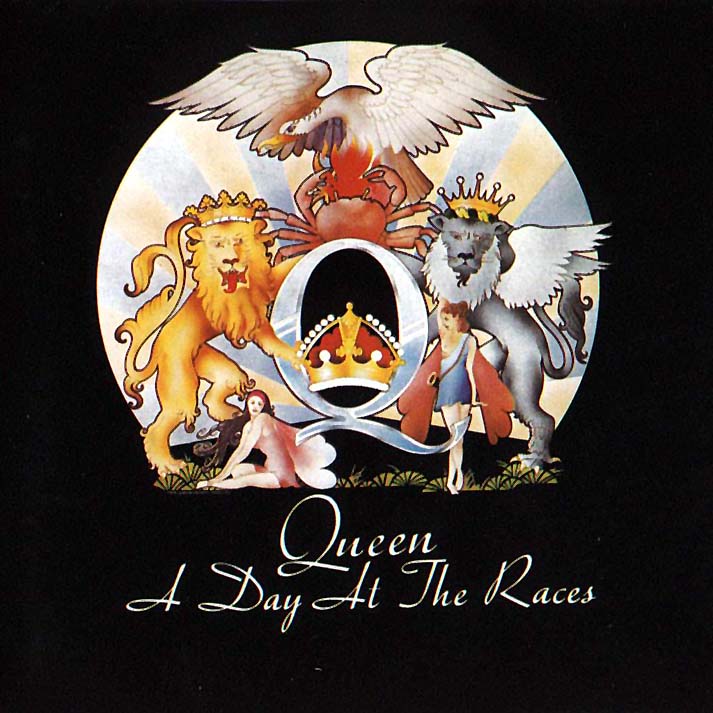
1976, 7/10
A Night At The Opera was a difficult act to follow, and Queen returned with the more direct and less ambitious A Day At The Races. Queen haven’t lost any of their grandeur, but the effect is less unified than previous; the gap between Mercury’s ballads and May’s rock songs is far more pronounced than on its predecessor.
If anything, it’s Mercury who drags the album down; the ballads like ‘Take My Breath Away’ and ‘Good Old Fashioned Lover Boy’ seem more forced and lack the natural charm and vigour of songs like ‘Seaside Rendezvous’ and ‘Death On Two Legs’. While it has some brilliant songs, A Day At The Races was Queen’s least entertaining record yet; too many of the songs are languid, and ‘Tie Your Mother Down’ is the only convincing rocker.
It’s May who provides the backbone to the record; the hard rock of ‘Tie Your Mother Down’ gets the album off to a memorable start, while his vocal on ‘Long Away’ is more emotionally convincing than any of Mercury’s songs. ‘White Man’ isn’t Queen’s best song, but it provides a necessary dose of energy mid-record, while ‘Teo Torriatte (Let Us Cling Together)’ provides a suitably grand climax, with half of the lyrics in Japanese. His jaunty solos often provide a much-needed spark to the less interesting pieces like ‘The Millionaire Waltz’ and ‘Good Old Fashioned Lover Boy’. Mercury provides the album’s centerpiece, the showstopping gospel of ‘Somebody To Love’, one of the few times on the album where the full group harmonies are utilised.
Following the vividness of A Night At The Opera, A Day At The Races is often dull and languid. It captures a group still at the peak of their powers, but it’s just not as exciting and as engrossing as its predecessor.
News of the World
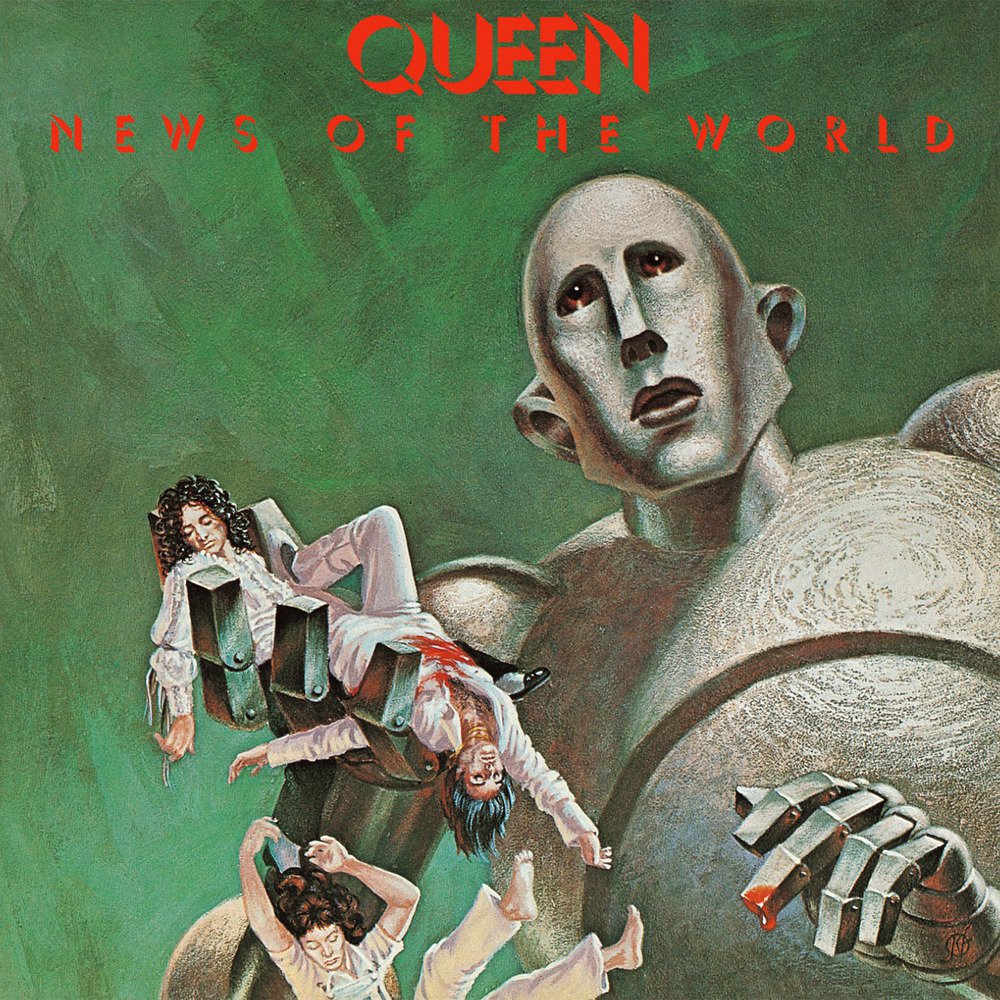
1977, 8/10
1977 was the year of punk in the UK, and it’s to their credit that Queen largely put aside their excesses and recorded a relatively straightforward album. Deacon’s ‘Who Needs You’ even nods towards reggae, an increasingly important force in British music during the late seventies, and Taylor’s ‘Sheer Heart Attack’ is abrasive enough to stand next to the punk from the era, while only ‘We Are The Champions’ and the choruses of ‘It’s Late’ really explode with the majesty of past and future Queen recordings.
News Of The World opens with the double A-side of ‘We Will Rock You’ and ‘We Are The Champions’; if you’ve attended a major sporting event since 1977, you’re probably acquainted with these already. Once you get past them, there’s a treasure trove of unheralded Queen gems. Roger Taylor finally comes up with a great song with the rhythmic ‘Fight From The Inside’. May’s key song is ‘It’s Late’, a rare Queen song that communicates more verbally than it does musically, as an eloquent relationship eulogy. His emotional vocals on the gentle ‘All Dead, All Dead’ are as effective as always, even though it’s about a dead cat, while ‘Sleeping On The Sidewalks’ is the closest that Queen ever got to straight blues. Mercury’s ‘Get Down, Make Love’ is surprisingly effective, utilising a repetitive verse to create tension before the climactic chorus.
News Of The World is one of Queen’s most consistent albums. Due to the stripped-back approach it probably doesn’t stand up to repeated listening as well as their earlier peaks, but with its engaging mix of styles, it shows that Queen could still deliver a solidly crafted album even when stripped of the pomp and flamboyance that characterised their earlier work.
Jazz
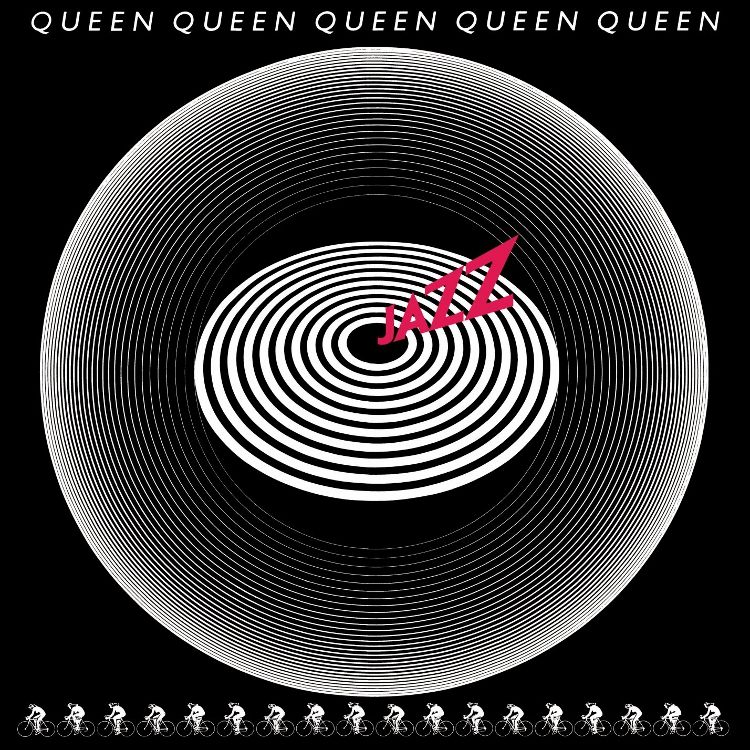
1978, 6.5/10
I was holding out high hopes for Jazz, given that its infamous double A-side of ‘Fat Bottomed Girls’ and ‘Bicycle Race’ consists of two of my favourite Queen singles, but the remainder of the album is disappointing in comparison. Most of the songs sound like they’re outtakes from previous albums (May’s ‘Leaving Home Ain’t Easy’ is from the same mould as News Of The World‘s ‘All Dead All Dead’), inferior version of previous songs (the waltz ‘Dreamer’s Ball’ in particular seems like a retread) or just plain generic (‘Jealousy’ and ‘In Only Seven Days’, pretty ballads from Mercury and Deacon respectively).
Jazz lacks impetus compared to Queen’s other seventies albums, and only ‘Fat Bottomed Girls’ and ‘Dead On Time’ (a frenzied May riff looking for a song) feel cut adrift among a whole bunch of mid-tempo sludge. Mercury has completed the transition into a flamboyant showman, and songs like ‘Don’t Stop Me Now’ and ‘Let Me Entertain You’ leave me cold, while the Eastern experiment of ‘Mustapha’ doesn’t really ignite and gets the album off to a shaky start. Deacon’s ‘If You Can’t Beat Them’ is another of his disposable self-help anthems (joining ‘Spread Your Wings’ and ‘Friends Will Be Friends’). Taylor’s contributions here are both misses; ‘Fun It’ is turgid and dated, while ‘More Of That Jazz’ is a good vehicle for Taylor’s gravelly voice and the collage of highlights at the end is a neat concept, but the song itself is dispensable.
Jazz was Queen’s weakest album to date, lacking the spark of previous releases; even so it’s recommended for fans since it contains a batch of competent overlooked songs.
The Game
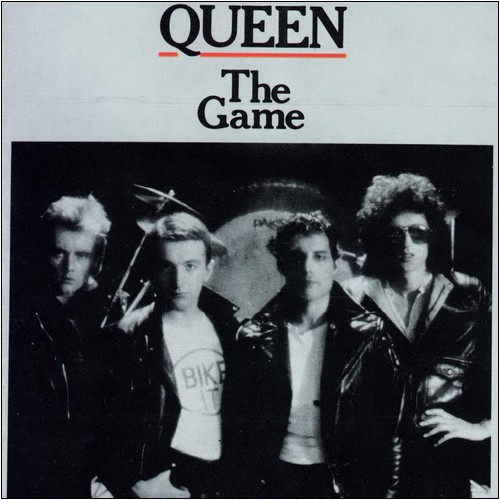
1980, 7.5/10
Queen began to modernise with The Game, stripping down their sound for minimalist and funky songs like ‘Another One Bites The Dust’ and ‘Dragon Attack’. For the first time synthesizers are used on a Queen album, while the band also feel much more single oriented than they were previously. Despite these changes it’s hard to view The Game as a major transition point in Queen’s discography – ballads like ‘Play The Game’, ‘Save Me’ and ‘Sail Away Sweet Sister’ would have fit comfortably onto any 1970s Queen album, and it’s a characteristic record in many respects.
The most identifiable song from the album is Deacon’s ‘Another One Bites The Dust’, standing out as the most assertive and aggressive song that the bass player ever wrote for Queen, using a funky bass riff and gangster imagery that’s markedly different from his usual sincere balladry. May’s ‘Dragon Attack’ is arguably one of his lesser Queen songs, but its minimalist arrangement is effective all the same, repetitive and brooding with an excellent drum solo. Other contemporary acts like The Clash and Elvis Costello were also paying homage to the 1950s, and Mercury’s ‘Crazy Little Thing Called Love’ (written in the bath, and featuring Mercury on acoustic guitars) does the same. ‘Play The Game’ is a strangely subdued opening to the album, but it’s one of Queen’s best ballads, especially the middle eight. ‘Sail Away Sweet Sister’ features a tender May vocal, and while ‘Save Me’ is overly bombastic, its elegant vocal melody is excellent nonetheless.
The Game is Queen’s most disjointed album yet, and apart from the singles and May’s contributions there’s nothing too impressive here, but those make up more than half the record in any case, and I can’t imagine any Queen fan wanting to pass this up.
Flash Gordon
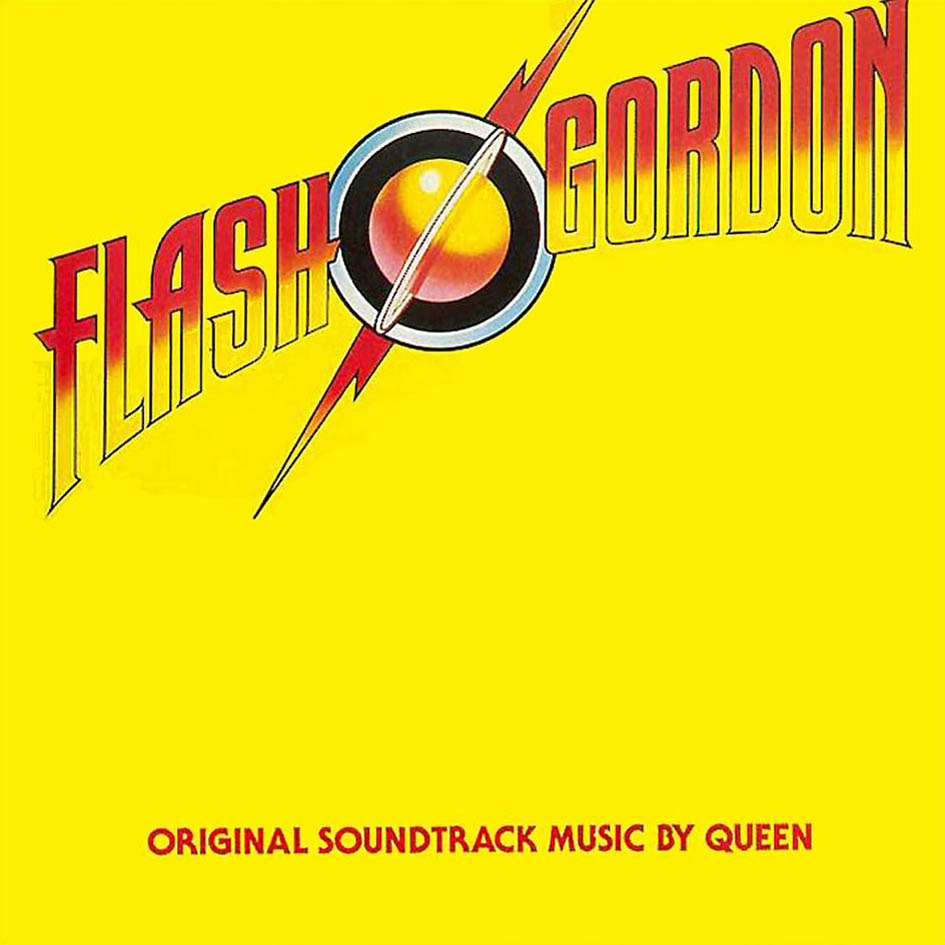
1980, 3.5/10
This B-movie soundtrack isn’t necessarily unpleasant to listen to, but it’s short, interspersed with a pile of cheesy dialogue and sound effects, and only contains two full-fledged Queen songs. ‘Flash’s Theme’ is the most well-known piece from the album, making the following year’s Greatest Hits album, and it’s effective, feeding off a repetitive bass line.
The other song, ‘The Hero’, is also written by May, and it’s a solid and aggressive rocker – it’s worth hearing, even if the rest of the album is disposable. Most of the remainder of the album consists of reprises of the above two songs or [insert name of random Queen member] doodling on a synthesiser. Even at its worst, Flash Gordon is not un-listenable – its eighteen tracks are crammed into just over half an hour, meaning that it never really loses momentum, while the snippets of dialogue help to keep the pace up, even if they destroy its shelf life. Mercury does show a flair for cheesy soundtracks, and his ‘Football Fight’ and ‘Battle Theme’ both cram interesting melodic ideas into their short running times.
Flash Gordon does succeed in its aim of creating appropriate backdrops for a hokey movie, but I’d take a mediocre regular Queen album over a well-realised Queen soundtrack any day.
Hot Space
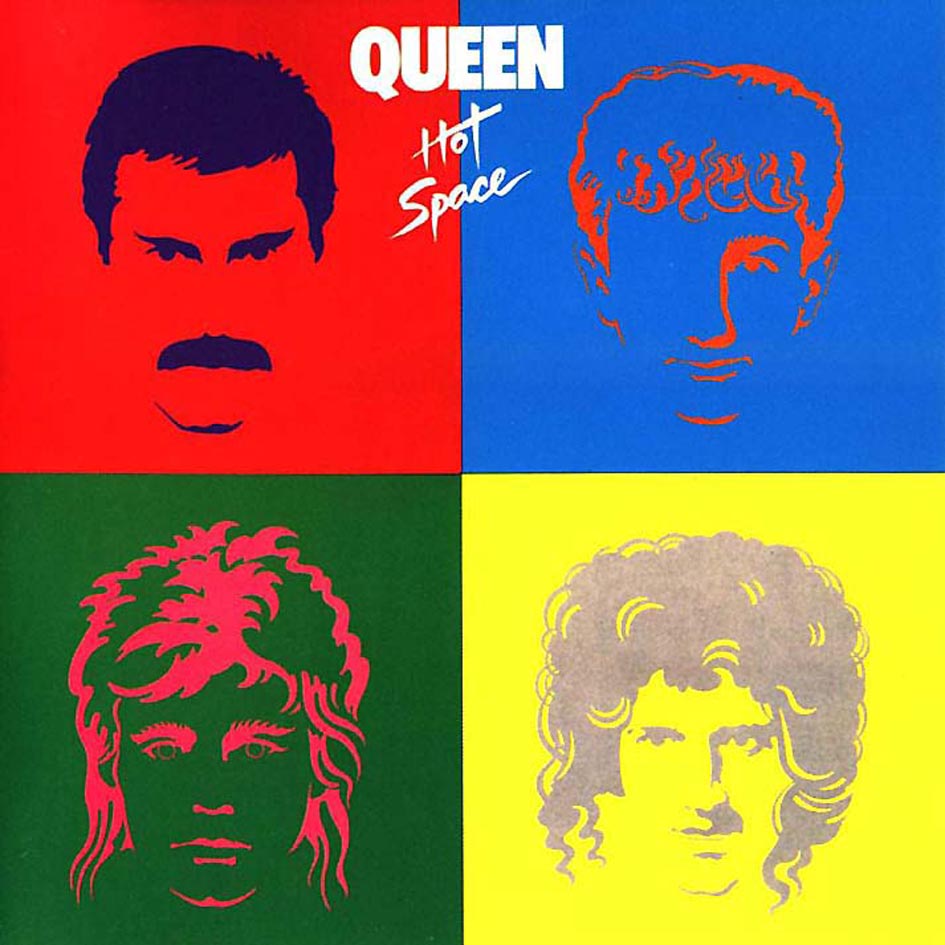
1982, 5/10
Queen alienated their American fan base by dabbling in disco on Hot Space. It’s much more dated sounding than their seventies records, and lyrically it’s also one of their worst efforts too; apart from Mercury’s Lennon tribute ‘Life Is Real’ and May’s love song ‘Les Palabras De Amor’. Hot Space is superficially unappealing, especially the disco-based material that dominates the first side, even though the second side is much more conventional.
Mercury’s ‘Body Language’ is arguably the worst song Queen ever recorded – like ‘Get Down, Make Love’ stripped of all energy and humour. Taylor’s two songs are also misses; they’re oversimplified and bland, and not terribly interesting. On the disco side May’s two songs deliver gratifyingly head-banging choruses, Mercury’s horn-laden ‘Staying Power’ is too overtly camp to be a Queen classic but it’s entertaining all the same, while Deacon’s ‘Back Chat’ is perhaps the most successful of the disco pieces, employing an infectious bassline.
The second side’s more conventionally Queen-like, but lacklustre in places; ‘Life Is Real’ lacks a knock out melody, but is heartfelt all the same, while the Deacon/Mercury co-write ‘Cool Cat’ is an interesting exploration into R+B. This leaves the album’s two best songs; May’s ‘Les Palabras De Amor’ is one of Queen’s best ballads, featuring a nice swirling synthesiser line. The Bowie collaboration ‘Under Pressure’ seems tacked on since it was included on the previous year’s Greatest Hits, but it’s excellent nonetheless.
Hot Space is often regarded as the weakest Queen album, and due to the dated textures this is understandable, but given a chance, it isn’t lacking in creativity. Still, there’s no reason to prioritise Hot Space when Queen have plenty of other albums that aren’t so embarrassingly locked in the early 1980s.
The Works
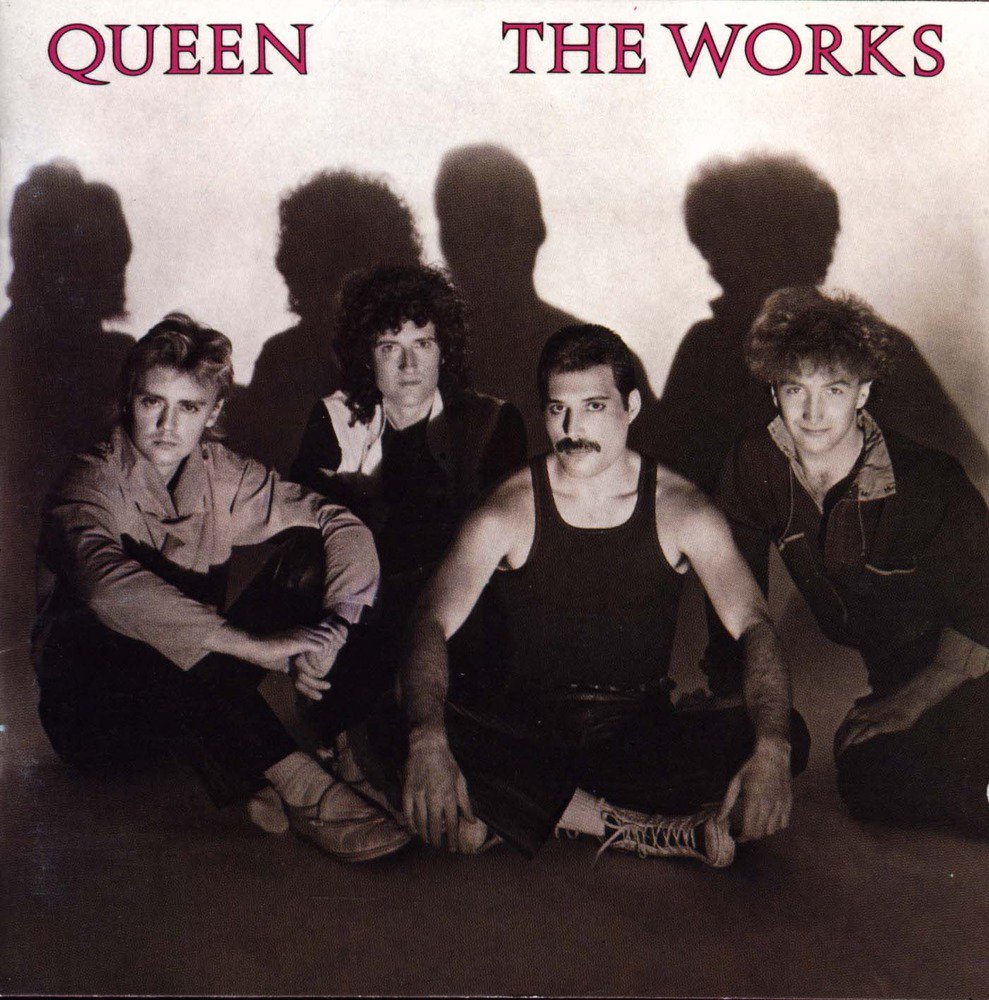
1984, 7/10
After shedding fans with Hot Space, The Works marks a return to mostly tried and true Queen territory. Mercury’s dropped the macho-sexual preoccupations of the previous albums and is back to idiosyncratic show tunes and 1950s rock and roll, May’s back to riff rock and Taylor and Deacon are limited to one song per album and both come up with memorable pop tunes, the two most immediately identifiable songs from the record.
It’s difficult to pick highlights on such a consistent record. ‘It’s A Hard Life’ is arguably the high point with its dramatic introduction, excellent lead vocal and memorable instrumental section, but ‘Radio Ga Ga’ and ‘I Want To Break Free’ are two of Queen’s best-known singles, ‘Hammer To Fall’ and ‘Tear It Up’ are effective rockers, Mercury’s fifties excursions are fun, and the acoustic closer ‘Is This The World We Created?’ is gently thought-provoking and moving. Queen are arguably less idiosyncratic than ever before; without Mercury’s distinctive vocal ‘Radio Ga Ga’ could be the work of a faceless synth-pop band while ‘Tear It Up’ could be a generic hard rock group.
While The Works might be short of the inspiration of Queen’s best albums, it’s solidly crafted product nonetheless.
A Kind Of Magic
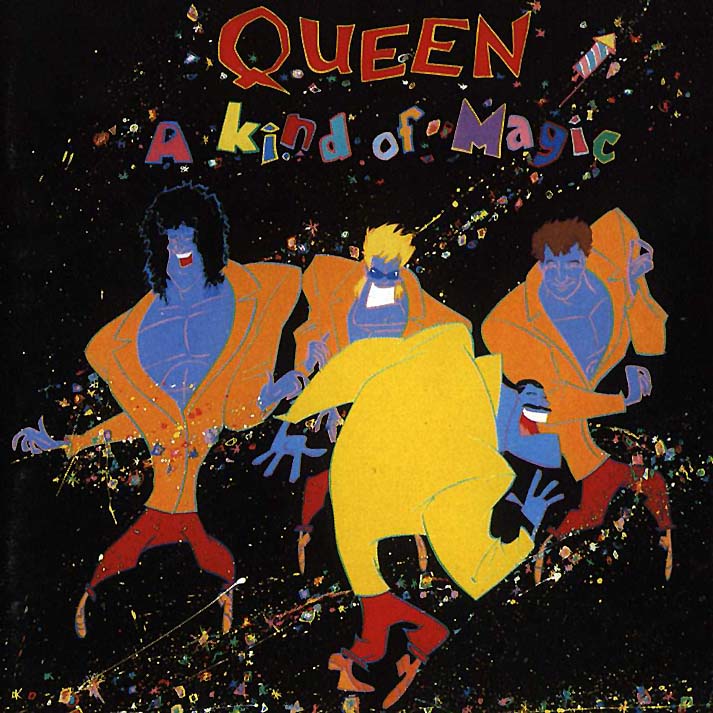
1986, 4.5/10
It’s difficult to view A Kind Of Magic as a coherent statement, since most of the songs have their origins in movie soundtracks.
The only two songs here that rate among Queen’s best are the opening group composed anthem ‘One Vision’ and May’s ‘Who Wants To Live Forever’; a gorgeous ballad where May sings the gentle first part before he is eclipsed by Mercury, a choir and huge percussion and strings. On the second tier, Taylor’s title track is one of Queen’s less intricate hits but it does feature some of May’s best guitar leads with a terrific “magic” tone. ‘Gimme The Prize (Kurgan’s Theme)’ wastes a great May riff on a song that’s thrilling but doesn’t hold up outside the context of the movie.
Elsewhere, none of the record’s particularly impressive – Mercury’s ‘Princes Of The Universe’ starts with a catchy a capella section but the rest of the song never ignites, Taylor forgets to write a melody for ‘Don’t Lose Your Head’ and the three Deacon-Mercury ballads are mushy, uninspiring and among the group’s worst ever songs.
A Kind Of Magic might be the worst studio album Queen ever made, but there are still a few really great songs scattered among it, and for the worst album in a twenty-year career it’s nothing to be too embarrassed about.
The Miracle
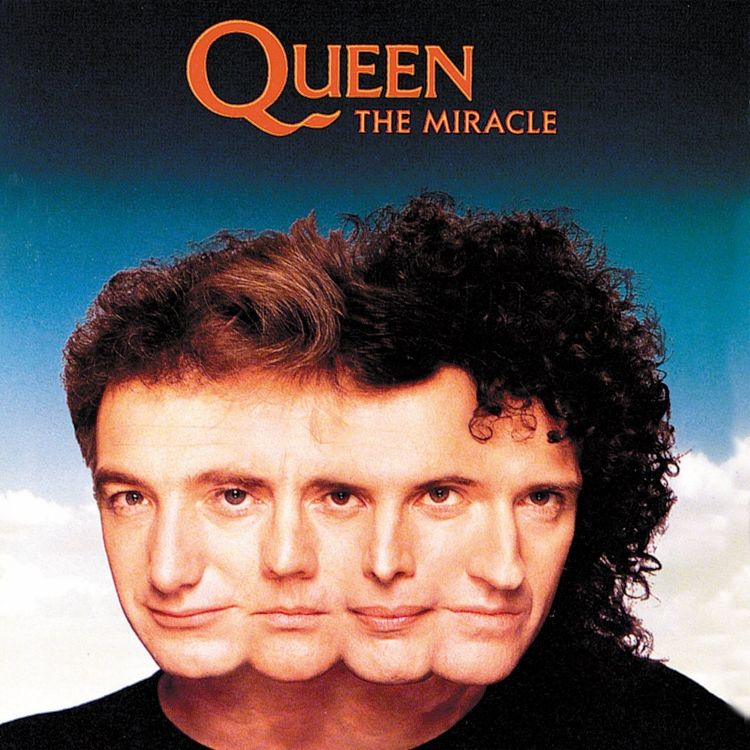
1989, 6.5/10
The period between 1986 and 1989 was difficult for Queen, with May struggling after his marriage breakup and Mercury’s AIDS diagnosis. After spending most of the 1980s avoiding sounding like Queen, the group found inspiration in adversity and bounced back with The Miracle, embracing their past successes. It’s difficult to find parallels for the epic scale of the multi-part title track or the rock anthem ‘I Want It All’ on a Queen record, without going right back to the mid 1970s; they’re not playing it safe like on The Works or following trends like on Hot Space, but brimming with fresh ideas in the knowledge that their days as a band are numbered.
The Miracle isn’t among their top echelon of albums since some ideas are awkwardly presented at times. The most awkward material opens the album, the duo of ‘Party’ and ‘Khashoggi’s Ship’ which are almost pointed in either deflating rumours about Mercury’s health and/or re-establishing the band as forty year old party animals. The album’s corrected by the one-two punch of the epic title track, with an excellent coda which opens out when the instruments switch over late from a dissonant instrumental section, and rock anthem ‘I Want It All’ with a wailing lead riff from May. Suddenly Roger Taylor’s writing excellent songs consistently, and he contributes the singles ‘The Invisible Man’ and ‘Breakthru’ (more conventionally Queen-like, with an excellent a capella introduction). As well as ‘I Want It All’, May’s contributes the prickly ‘Scandal’, while closer ‘Was It All Worth It’ has a huge arrangement and some emotional pull.
The Miracle isn’t particularly coherent and it is awkward at times, but nonetheless, the return to the classic Queen sound is refreshing and would be even more fully realised on their next record.
Innuendo
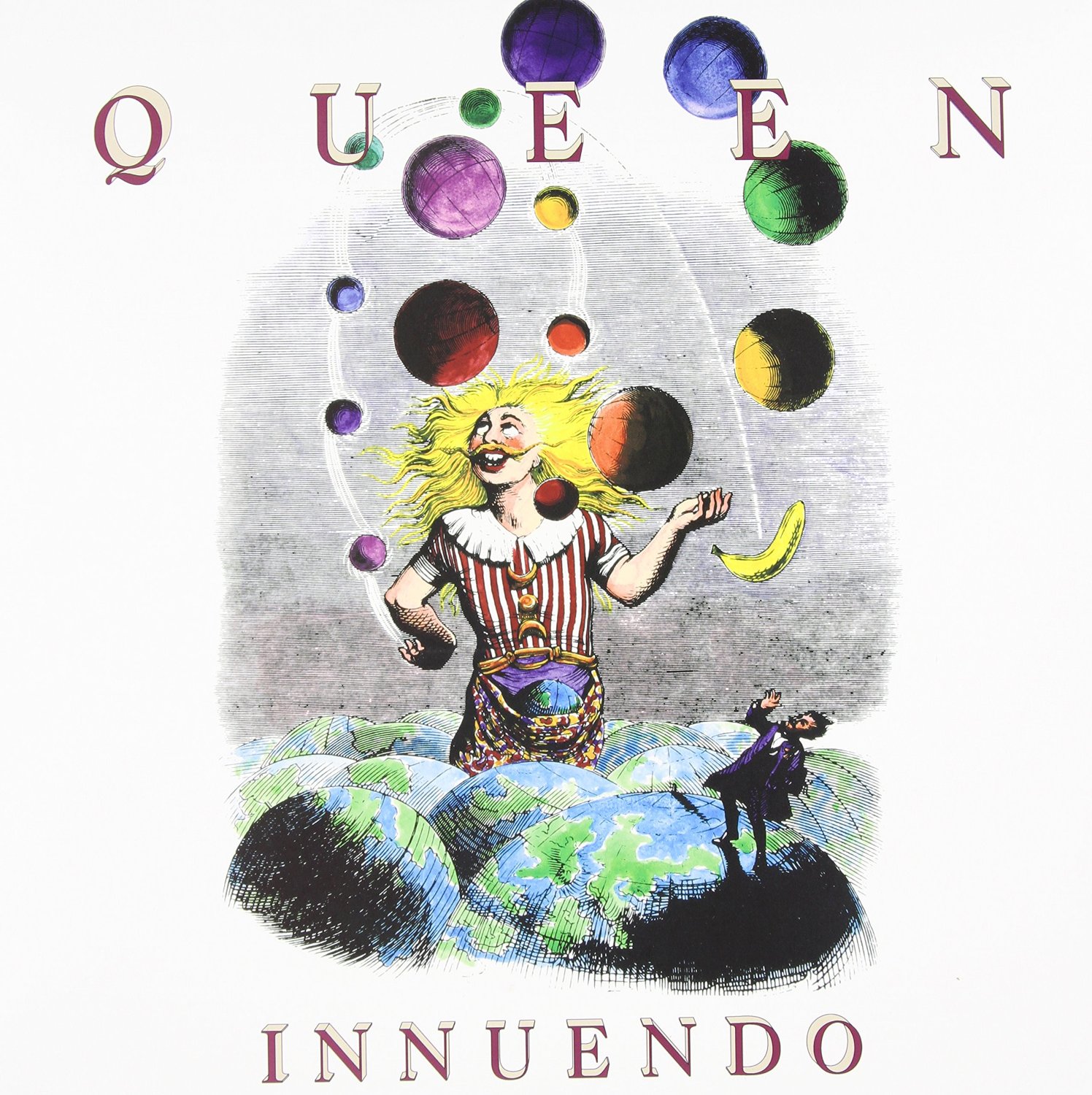
1991, 8/10
Even more than The Miracle, Innuendo is a reinstatement of the grandiose Queen of old; instead of comparing the group unfavourably to their seventies triumphs, they’re creating new benchmarks. ‘Hitman’ isn’t their best rocker they’ve ever done, but it’s arguably the heaviest. ‘The Show Must Go On’ might be the most emotionally powerful song in their entire catalogue. The title track isn’t as self-consciously epic as ‘Bohemian Rhapsody’ or ‘The Prophet’s Song’, but Queen have never sounded so effortlessly huge and majestic.
The book-ending tracks, ‘Innuendo’ and ‘The Show Must Go On’, do set a near-impossible standard for the rest of the record to live up to, and it fails to meet them – despite the unity of sound, a few of the individual songs feel underwritten, not surprising as the group were battling against time with Mercury’s ill health in an effort to complete it. Like the last record, most of the strong material comes from May and Taylor – May contributes ‘The Show Must Go On’, one of Queen’s most effective pieces with the cathartic, dramatic chorus and the gorgeous bridge: “My soul is painted like the wings of butterflies/Fairy tales of yesterday, will grow but never die”. The title track is a multi-part epic with a majestic vocal from Mercury, with Yes guitarist Steve Howe guesting in a mid-song flamenco section. As well as claiming responsibility for the lyrics of ‘Innuendo’, Taylor contributes the nostalgic ballad ‘These Are The Days Of Our Lives’, which controls its sentimentality and is one of his best songs. May contributes the excellent rockers ‘Headlong’ and ‘I Can’t Live With You’.
The rest of the record doesn’t sustain these heights, and there’s throwaway material like Mercury’s ‘Delilah’, but Innuendo is the best Queen effort since News Of The World way back in 1977, and the title track and ‘The Show Must Go On’ are their strongest recordings since their 1970s pomp.
Made In Heaven
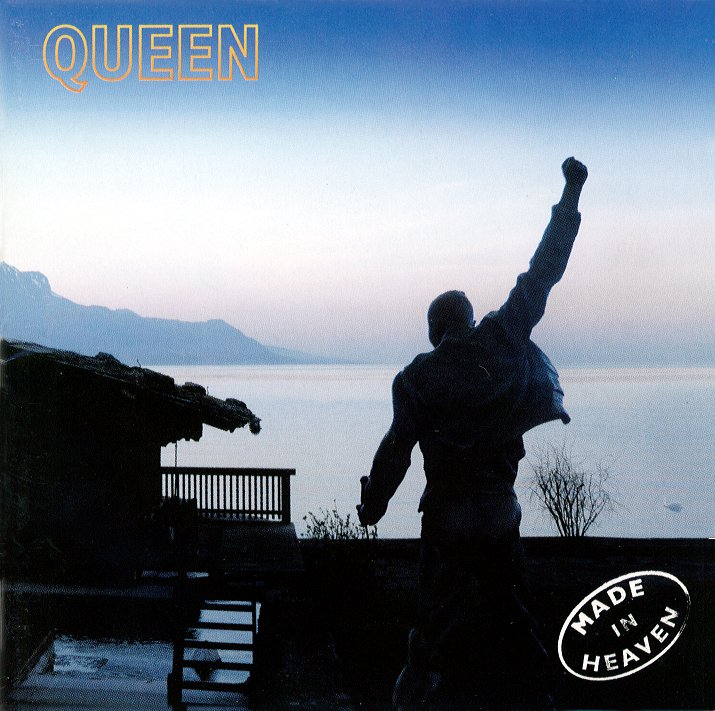
1995, 5/10
After Mercury’s death in 1991, it was a reasonable assumption that Queen’s studio output was complete, so it was a surprise when the other Queen members announced the release of an album of material that Mercury had been working on before he died. The group spent the intervening time polishing up the final tracks that had been captured during Mercury’s lifetime.
There wasn’t enough post-Innuendo material to create a full album, so a lot of these tracks are reworked from the member’s solo albums, from Mercury vocal snippets, or from b-sides. Made In Heaven is much softer around the edges than any other Queen album, with a succession of ballads with almost adult contemporary production values, not surprising given the subject matter. It’s to their credit that May, Taylor and Deacon crafted a coherent album out of a few good songs and some scraps, but Made In Heaven still ranks among Queen’s lesser albums.
‘Let Me Live’, an outtake from The Works, follows the gospel stylings of ‘Somebody To Love’ successfully, with Taylor, May, and Mercury all taking lead vocals in different verses. Taylor comes up with the single ‘Heaven For Everyone’; its Utopian message is sappy (but then, so is the rest of the record), but in terms of pop melody it’s the strongest piece on the album. May’s ‘Too Much Love Will Kill You’, originally intended for The Miracle, is gorgeous, while Mercury’s title track is suitably grandiose thanks to the aggressive May guitar riffs that provide it with spark, while ‘Mother Love’ is simple and affecting.
Once past these highlights, the remainder of Made In Heaven is less impressive – songs like ‘My Life Has Been Saved’ and ‘It’s A Beautiful Day’ are generic, especially by Queen’s standards, and it’s hard to imagine them making the cut if the group had time to complete the record properly. Still, if Innuendo was a grand finale to Queen’s studio output, Made In Heaven serves as a sometimes worthwhile coda.
Ten Favourite Queen Songs
Innuendo
Killer Queen
Under Pressure
The Show Must Go On
Somebody To Love
White Queen (As It Began)
The March of the Black Queen
Fat Bottomed Girls
Fight From The Inside
Another One Bites The Dust
Back to 1970s Album Reviews….
12 Comments
Leave a Reply
Related Pages
About
Aphoristic Album Reviews is almost entirely written by one person. It features album reviews and blog posts across a growing spectrum of popular music.
Review Pages
Read about the discographies of musical acts from the 1960s to the present day. Browse this site's review archives or enjoy these random selections:
Blog Posts
I add new blog posts to this website every week. Browse the archives or enjoy these random selections:
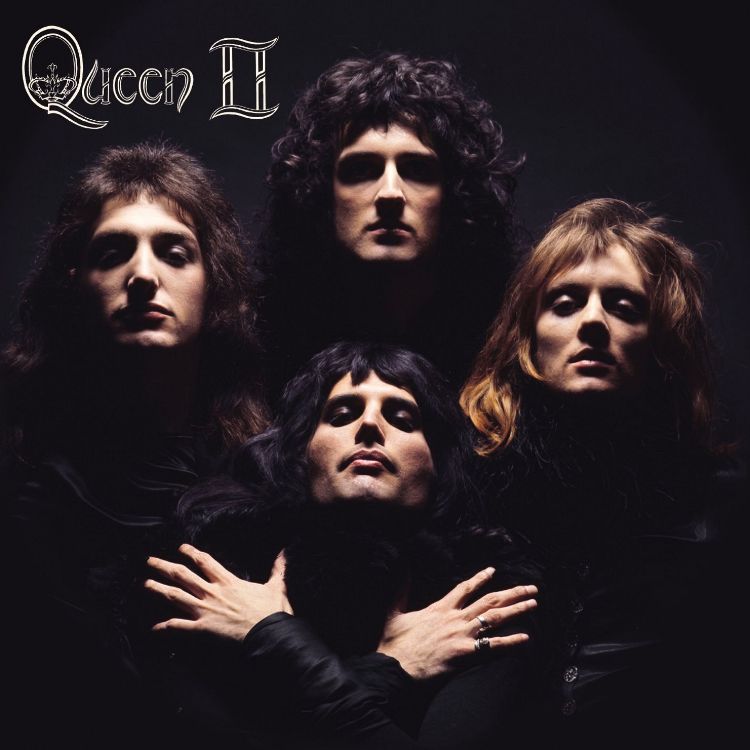
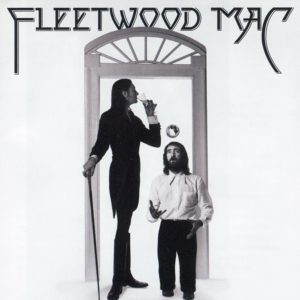
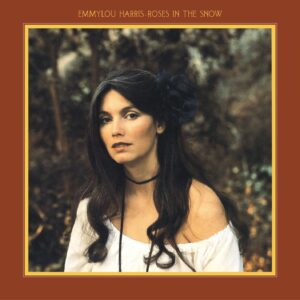
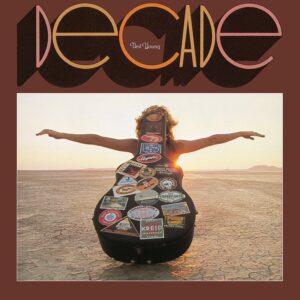
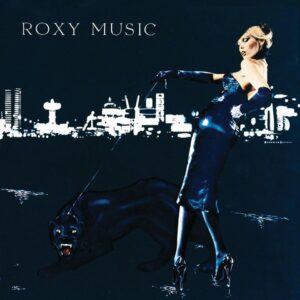
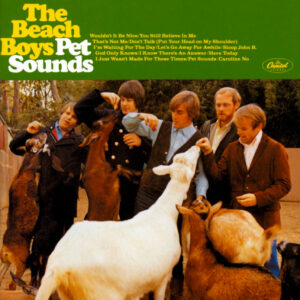
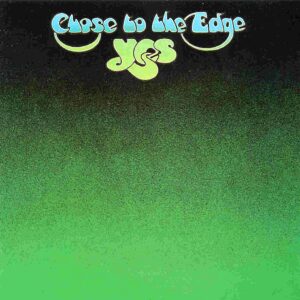
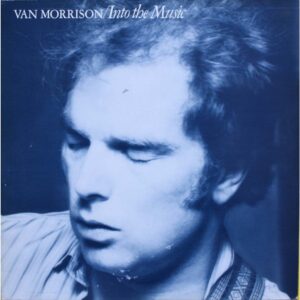
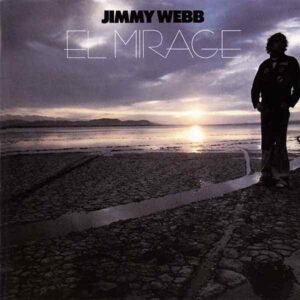
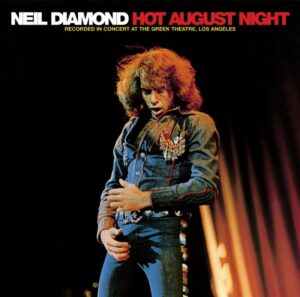

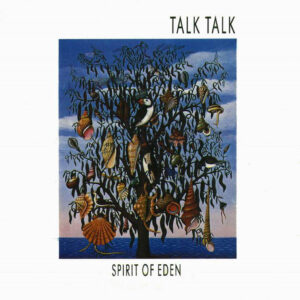
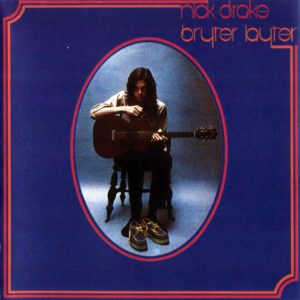
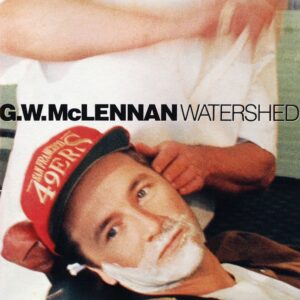
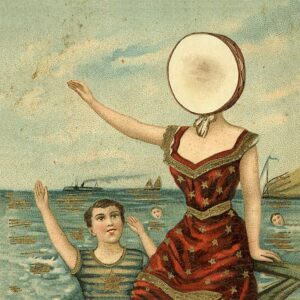
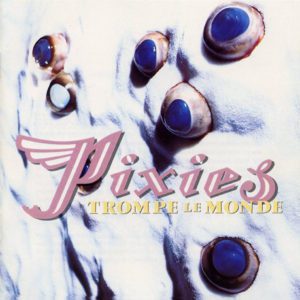
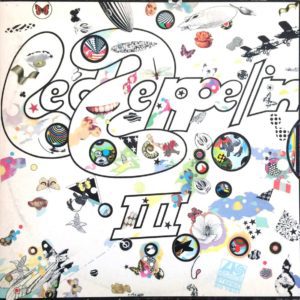
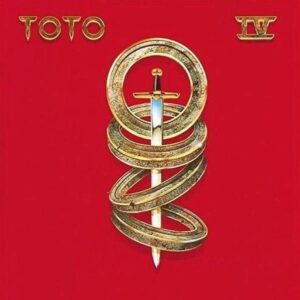
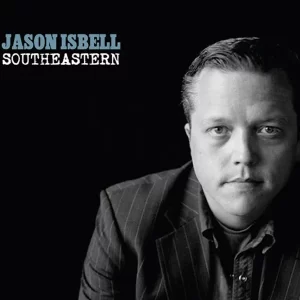





I remember in high school my choir got invited to sing backup with a local symphony who was doing a show dedicated to the music of Queen. Being up on stage and getting to participate in the sharing of such fantastic songs with such talented people was one of my favourite memories from high school, and it’s part of the reason I still look fondly on Queen’s music today.
I think they’re in this weird place now, where they’re largely remembered as a singles band, but they actually had some great albums in the 1970s.
I realized that while doing a project on Freddie Mercury this past year for school. I need to dig deeper into their back catalogue. Any recommendation on which one to start with?
Queen 2, Sheer Heart Attack, and Night at the Opera are all great. Night at the Opera will probably have the most songs you will already know (Bohemian Rhapsody, You’re My Best Friend).
I actually think I have Night at the Opera on vinyl. I’ll have to spin it at some point soon. I’ll look up the other ones on Spotify and listen to them while writing.
I’m a fan of their greatest hits, think I’ve listened to maybe 3-4 of the studio albums. Looks like we disagree quite a bit here. I couldn’t stomach the over-the-top-ness and campiness of A Night at the Opera (1975), although does have two great singles. A Kind of Magic (1986) and The Game (1980) I liked better, but I felt there were quite a few filler songs among the hits, and the lyrics on the 1986 album are often weak. Have a soft spot for the Flash Gordon soundtrack as it’s one of my favorite childhood movies. I’ll use your post as a guide when I check out the other big Queen albums from the 70s.
I think their 1980s albums feel focused on the singles and there is quite a bit of filler – that’s why I generally prefer their 1970s’ albums. I also think over the top is their calling card- although I also think Bohemian Rhapsody is the most over the top song they ever did.
If you do want a Queen album that’s consistent but not too over the top, I’d suggest News of the World from 1977.
I love Queen, used to be my favourite band growing up until XTC usurped them. The run of albums from the debut to ‘The Game’ does show they are an albums band after all.
Queen – the end of the album fizzles out but overall, a good debut album.
Queen II – only ‘meh’ here is ‘The Loser in the End’ but an excellent album regardless. Ambitious.
Sheer Heart Attack – the campy side of Mercury appears here, the pop side of Queen has entered and it is very entertaining.
A Night at the Opera – the title does say it all about the album, it is an operatic spectacle from start to finish. Amazing.
A Day at the Races – imagine if ANATO and ADATR are combined to be a double album. Very similar these two albums and I might like this one better than ANATO.
News of the World – A harder stylistic change. Sure, it has the two singles that we all know but the other tracks are good as well. Some great deep cuts of Queen does come out of this album like ‘Spread Your Wings’ and ‘It’s Late’.
Jazz – might be my favourite Queen album. Going back to the ‘who can incorporate more genres’ style, but a bit stripped down in terms of production. It’s ridiculous and entertaining (best describes Queen).
The Game – their response to the stripped down new wave sound that was popular, I guess. It’s pretty good. Very consistent.
‘Flash Gordon’ – not much to say here but it is a soundtrack after all. The theme is pretty effective and ‘The Hero’ does rock as well (check out ‘The Hero’ revisited in the bonus tracks, rocks even more).
‘Hot Space’ – the disco and funk songs are not great but they are pretty funny. I like the other songs as well.
‘The Works’ – back to form and the four singles are great. The other songs are fine as well.
‘A Kind of Magic’ – the singles are great but there are some weak stuff here.
‘The Miracle’ – nearly great. NEARLY. I love the five singles here and ‘Was It All Worth It’ is amazing as well. I even like ‘Rain Must Fall’ as well but the rest? Meh.
‘Innuendo’ – going back to the ambitious ’70s here and does make you think if Freddie was still alive, would they continue this very sound? Great songs, great album.
‘Made in Heaven’ – in my opinion, very underrated. It is a very soothing listen.
They could have been great. Queen fell into mediocrity trying to sell product. IMHO, Queen 2 bests anything by Zeppelin.
I also think Mercury’s songwriting muse dried up – he was great on the first few albums. I think I’d take Houses of the Holy over any Queen album, but Queen II after that.
Queen II is an amazing album. I did love the Queen debut album, but Queen Ii is a level above. The songs are pure genius White Queen, Fairy Fellers Masterstroke, Seven Seas of Rhye and of course March of the Black Queen.
I sometimes wear Black nails myself when performing, all because of Queen II – a solid album
You gave 9.5 for Queen II and 8.5 for Sheer Heart Attack, I would have given 9.5 for Sheer Heart Attack also.
Sheer Heart Attack is a very high 8.5 IMO – on a more generous day I would have considered bumping it up.